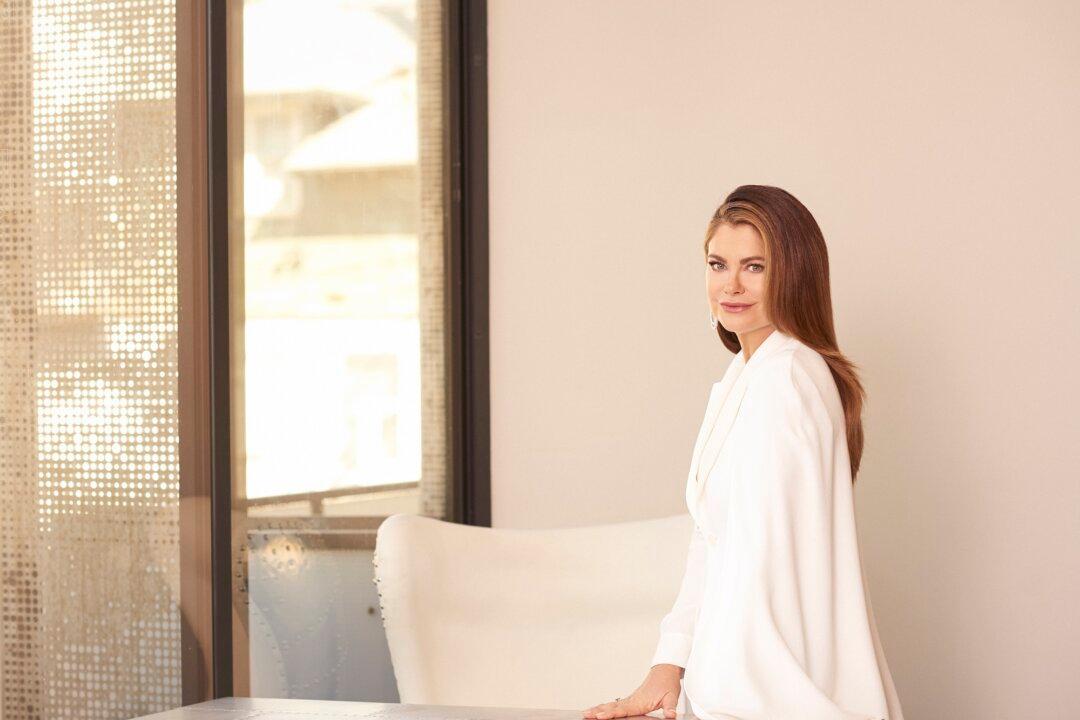The danger posed by a marmalade-making, vacuum-wielding housewife apparently can’t be overstated—at least that’s the impression you might get if you were to scan headlines in U.K. media in the past couple of months.
When the BBC interviewed Alena Pettitt, a 34-year-old housewife from Gloucestershire, England, about what being a traditional wife means to her, the headline read “#TradWife: ‘Submitting to My Husband Like It’s 1959.'”






